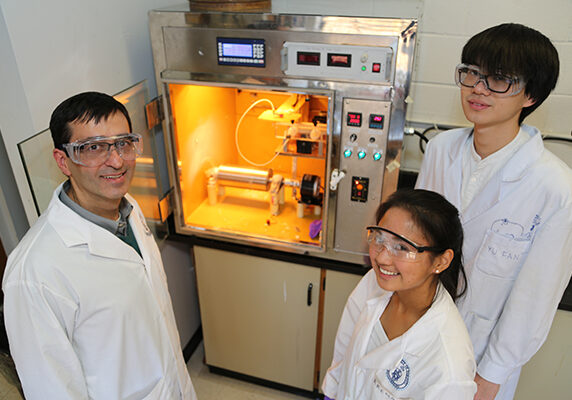
Clean water, clean air: U of T Engineering research addresses big sustainability questions from resource scarcity to climate change
Ramin Farnood is an established leader in water decontamination — now he’s applying that expertise to tackle climate-warming emissions
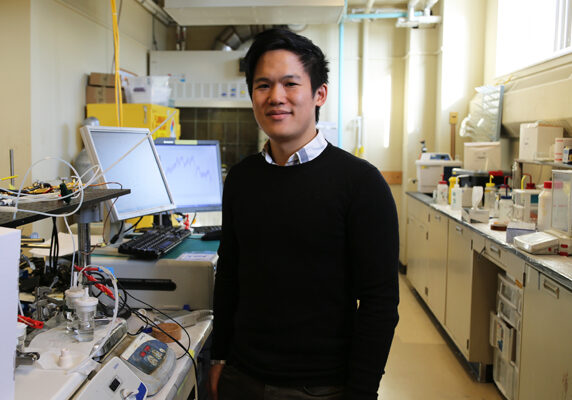
U of T team advances to next round of Carbon XPRIZE competition
A team of U of T researchers led by Professor Ted Sargent had advanced to the second round of the NRG COSIA Carbon XPRIZE international competition.
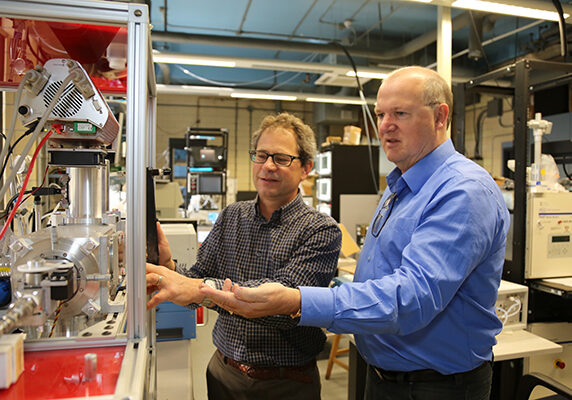
New research consortium aims to build critical bridge between environmental and health data
Canadian Urban Environmental Health Research Consortium (CANUE) will study the role of environment in determining Canadians’ health
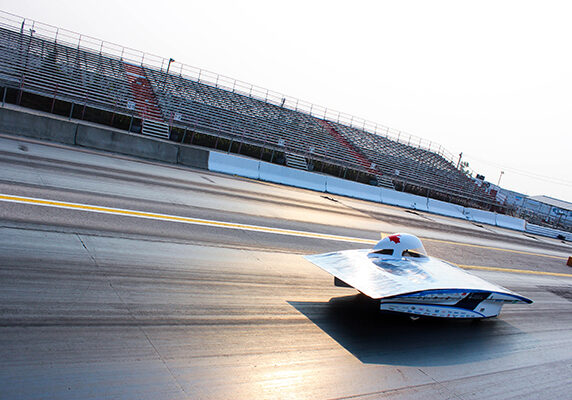
Blue Sky Solar Racing celebrates 20th anniversary
Established in 1996 as the ‘Blue Sky Project,’ the group of intrepid U of T Engineering students designs, builds and races their unique car thousands of kilometres, powered only by the sun’s rays
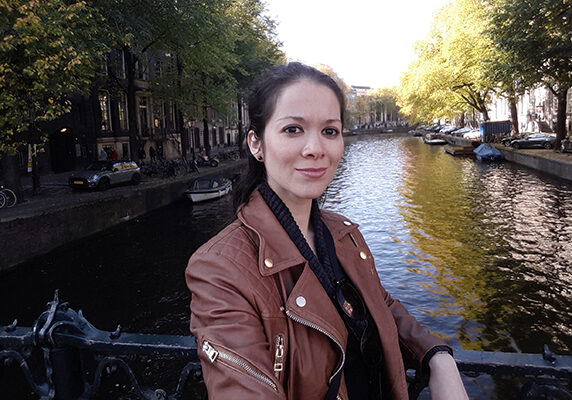
ChemE PhD student finds breath of fresh air in the Netherlands
Exchange is part of University of Toronto’s first-ever tripartite research collaboration with Utrecht University and The Chinese University of Hong Kong
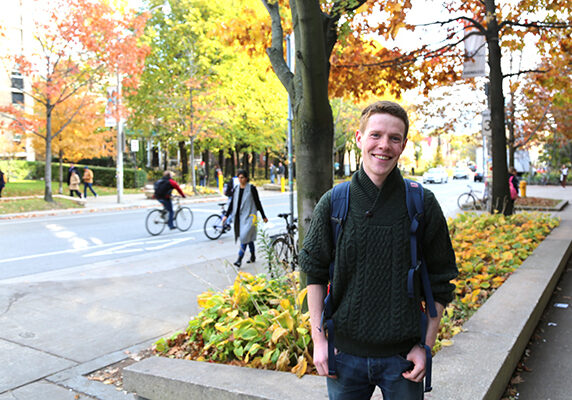
EngSci student represents Canadian youth at UN climate summit
Sam Harrison selected to join Canadian Youth Delegation at COP22 in Marrakech, Morocco
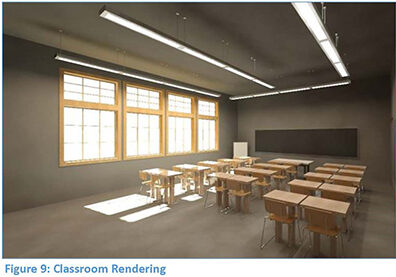
U of T Engineering student team competes at Green Energy Challenge finals
Students design energy saving lighting retrofit for downtown Toronto high school



